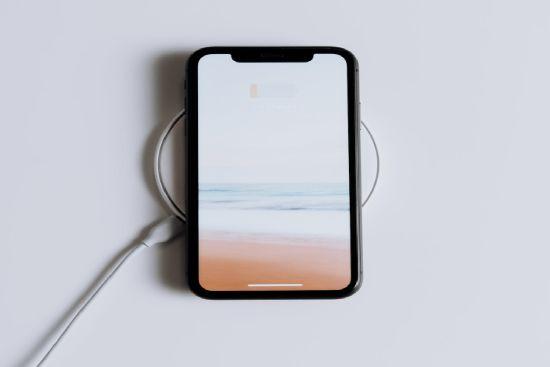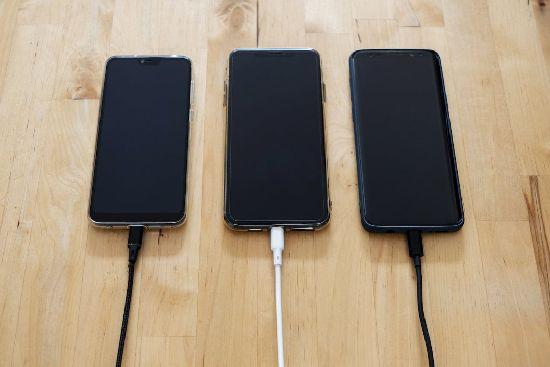Understanding Li-ion and Li-Po: Which of Them is Better Over the Other
When you look into the battery specifications of smartphones, two of the most common battery types that you might be hearing about are LiPo (lithium polymer) and Li-Ion (lithium-ion). But have you ever wondered about the difference between the two battery types and whether it does matter if the smartphone is using either of them? The truth about the subject matter is there are distinguishing factors between LiPo and Li-Ion that you have to take note of that determine the capabilities and overall reliability of the batteries in powering up a specific smart device. If you indeed have these concerns in mind, then you would be glad to know that the blog I prepared for today will particularly set any concerns that you may have to help you identify which of them better suits your preferences and needs. So without any further delays, let's get right into today's discussion…

Lithium Polymer (LiPo) Powered Smart Devices
Lithium polymer or LiPo is a type of rechargeable battery that is commonly used in older phones such as those that have keypads and smaller screens in the 90s and mid-2000s before the fast ascension of smartphones in 2007. As the name suggests, it utilizes lithium electrodes and polymer electrolytes to power up the mobile phone. Another thing you have to remember about LiPo batteries is that they are a hybrid from the larger version of the said battery with gel polymer or liquid polymer where they made it more compact and pocket-sized, so to speak. Before they were used in mobile phones, LiPo did not particularly flourish in the market because of practical purposes. For example, a full-sized LiPo battery is heavier and thicker which makes it relatively inconvenient to be equipped in any handheld devices back in the day. But the level of power it can provide is outstanding which makes them somehow desirable. As time went by, they found a way to make it more compact and lighter which resulted in technology being used in mobile phones, MP3 players, and earlier models of smartphones. However, a huge issue in gadgets using lithium polymer is they are very unstable. Have you heard of the idea of not charging your device overnight? Well, it all started with the LiPo battery. What happens is that if you overcharge them, they tend to bubble, become less effective, depreciate fast, leak, and even explode in some instances. Therefore, it is best to avoid smartphones with a LiPo battery if you do not want to experience any of these inconveniences in the future.
Lithium Ion (Li-Ion) Powered Smart Devices
Lithium Ion is the result of the progress in the technology of smart devices. In fact, it is the widely used rechargeable battery in smart devices today. Lithium-ion, or simply Li-Ion, is a battery type that, unlike LiPo, only uses a single cell or multiple cells where the main board is protected by circuit panels. The chemistry of the Li-Ion battery is composed of several compounds that are organized in a way that will function efficiently. For example, the main compounds in the said battery type are the lithium-ion electrolyte and electrodes, anode, and cathode. Then, the energy from the compounds is transferred to the device via the current collector and each of the battery chemicals is divided with the use of separators. Yes, the mechanism of the Li-Ion battery is more complex which makes it more powerful and efficient at the same time. With this being said–you can see why they are popularly used in smart devices. In addition, their efficient consumption of batteries can also last up to a few days depending on how you are using your smartphone. Under heavy usage, it can average approximately 10 to 12 hours of use. On the other hand, it lasts even for a day or two if you are using them lightly. It is also because of the stability and power of the Li-Ion battery that makes them suitable for power stations and electric vehicles as well.

Final Thoughts
I do sincerely hope that the short blog I shared with you has enlightened you on the difference between LiPo and Li-Ion batteries. Based on the facts I relayed to you today, the Li-Ion battery is the apparent winner and a better option if you are shopping for a new smartphone. Li-Ion is more powerful, stable, and efficient. Furthermore, you have to pair the smartphone's Li-Ion battery with a good type c charger in order to boost the battery's effectiveness and prolong its useful life.
